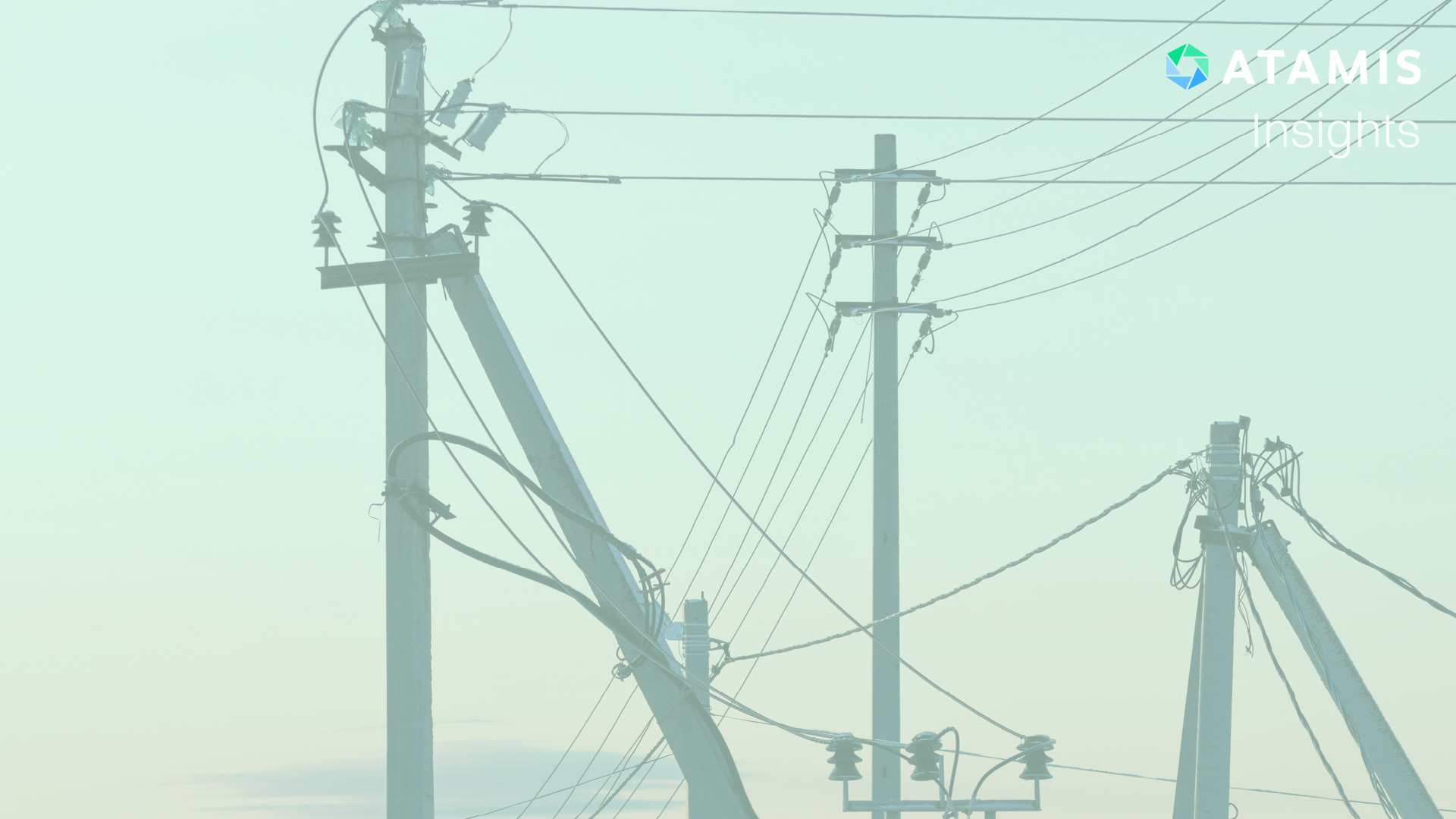Operating in the utilities sector is becoming increasingly complex. Political, environmental and social factors all play a part in a shifting landscape where compliance and risk are moving up the agenda on boardroom tables. Risk management programmes are focussing on resilience to ensure business continuity.
There is an acceptance that it’s not possible to prevent all risks. However, by aligning strategic and operational risk management capabilities, companies can manage risk effectively and minimise the impact of risk realisation.
Compliance and risk trends
Managing compliance and risk is becoming ever more important as the challenges faced by the utilities sector grow. Compliance and risk strategies need to be robust and agile enough to deal with emerging risks and those already captured in their risk management programmes. But what are the trends utilities companies will have to monitor and manage in 2020?
Regulatory changes
Utilities companies will have to manage regulatory changes designed to improve services for customers and protect the environment. For example, in the water industry, Ofwat has announced a significant investment programme for the next five years. Water companies have to meet new service levels to improve performance. They are looking to reduce leakage, save water, protect customers from the risk of flooding and reduce pollution in rivers and streams. Ofwat is also introducing measures designed to reduce bills for customers revolving around efficiencies and financing costs.
Cyberthreats
New technologies are transforming the utilities sector both internally and for customers. However, at the same time, they present a new set of risks to deal with. Smart infrastructure, while offering many opportunities for sustainability improvements for utility companies, also brings vulnerability. With so many touchpoints for cybercriminals to attack, issues such as data breaches and service interruption are becoming more commonplace. Customers are also exposed to cyberthreats as the reliance on smart home devices grows.
Utilities organisations need to find ways to protect themselves and their customers, which is a difficult task as cyberattacks become more sophisticated and frequent.
Economic conditions
The instability and volatility of the political and economic landscape is a significant risk for the utilities industry. The unknown effects of Brexit, trade wars between the USA and China and tensions in the Middle East have the scope to impact the sector negatively. Managing the impact of politics and economics on utilities is not new. However, it is becoming more likely that risks in this area will be realised and mitigation tactics will be actioned.
Climate change
Climate change is very much on the risk agenda for utilities organisations in 2020. The sector is more susceptible to this risk than other industries. However, it is being spurred into action by the Government’s pledge for the UK to achieve zero net carbon emissions by 2050. While the energy sector continues its work on decarbonisation, the water industry is focussing on generating renewable energy, replenishing tree supplies and restoring peatlands. It has also vowed to achieve zero net carbon emissions by 2030. It is an ambitious target which demonstrates its commitment to address climate change and the risks it brings to the industry.
Greater reliance on third-party suppliers
Utility companies face unprecedented pressure from all sides. Customer expectations are rising, there is an expectation of 24/7 service, regulations are getting more onerous, and costs must be kept down. On top of this, technology is rapidly evolving, and a different skill set is needed to implement, use and manage it. Companies are finding it challenging to deal with the various aspects of their business in-house and are turning to external suppliers to keep all parties happy.
Effective supplier relationship management becomes essential as this growing reliance on third parties heightens the risks utility organisations face. For example, they will have little control over subcontractors their suppliers engage. And they will be held responsible for any errors that suppliers make that become public knowledge. If a supplier cannot deliver their contracted services, this may interrupt the services the utility company provides.
Customers are demanding more and more from the utilities industry. They can quickly and easily switch providers and generate their own energy using wind, water and solar power. They also have more control over their water and energy usage thanks to smart devices. To remain competitive and satisfy customer expectations, utility companies need a strong focus on compliance and risk management. They need to identify potential threats accurately and minimises their impact.
In the Utilities sector, Atamis is currently used by Welsh Water and NI Water. If you would like to learn more about how Atamis can be configured to meet the requirements of this industry sector, please contact us.
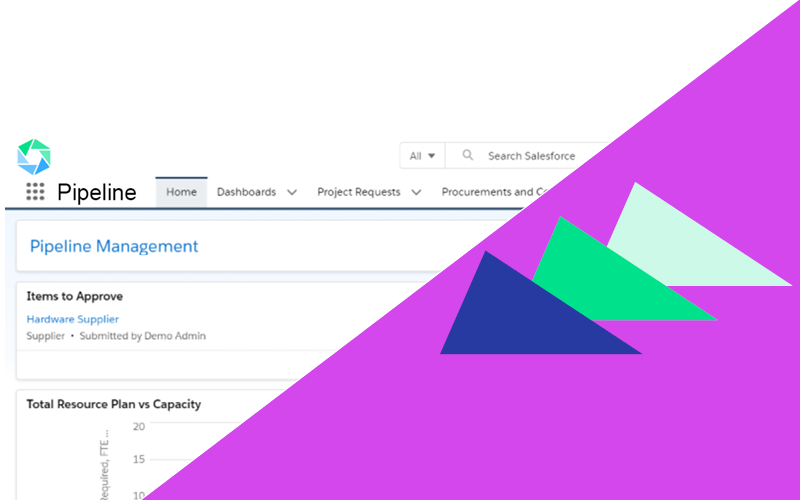 Our Pipeline App empowers your team to plan ahead and forecast for upcoming procurement activities.
Our Pipeline App empowers your team to plan ahead and forecast for upcoming procurement activities. 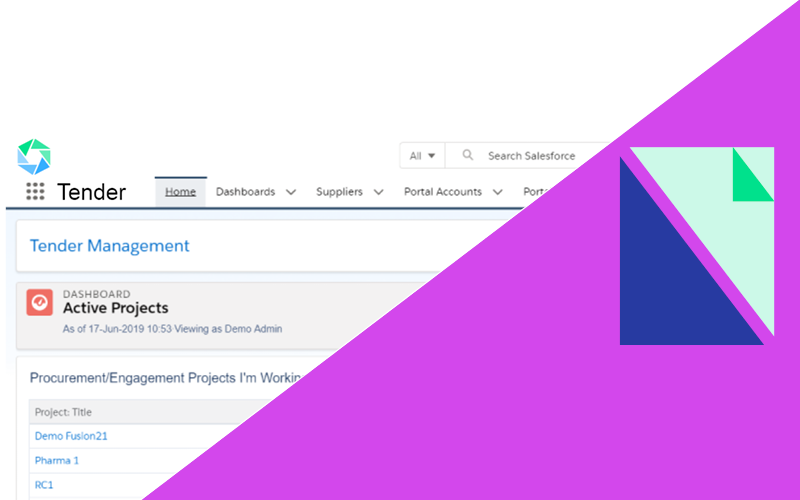 The Tender App allows your team to visualise all sourcing activities within your Atamis platform, from issuing tenders to receiving bids.
The Tender App allows your team to visualise all sourcing activities within your Atamis platform, from issuing tenders to receiving bids.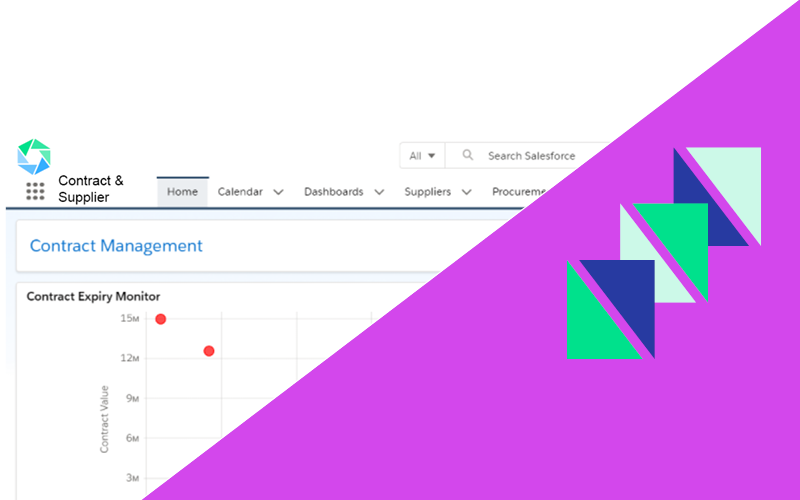 Our Contract & Supplier App puts your team in firm control of your key supplier relationships and provides a central repository for all contracts.
Our Contract & Supplier App puts your team in firm control of your key supplier relationships and provides a central repository for all contracts. 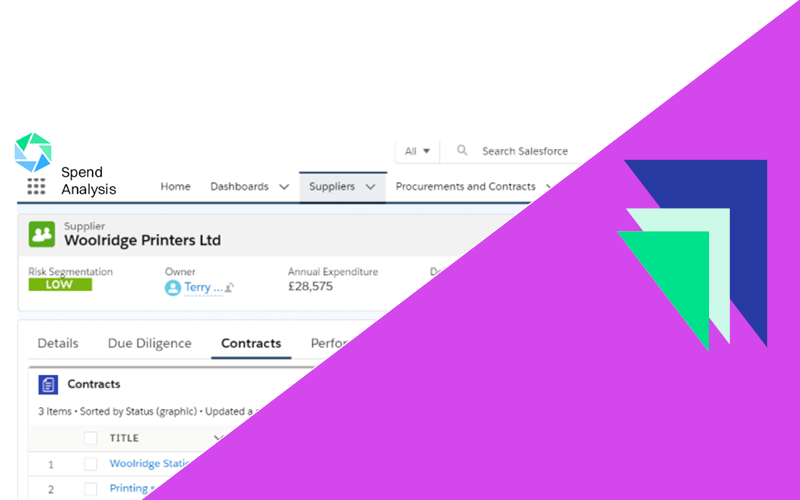 Our Enhancers ensure your solution is tailored to your needs. Pick and choose additional functionality that fits your requirements.
Our Enhancers ensure your solution is tailored to your needs. Pick and choose additional functionality that fits your requirements. 